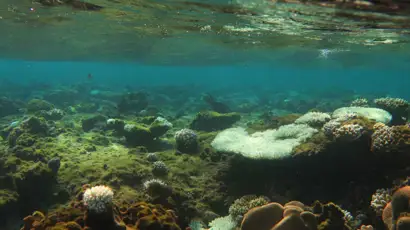As fascinating creatures, sharks play a major role in the Egyptian diving and ecotourism industry. Sites such as the Brother Islands, Daedalus Reef, Elphinstone and Abili Ali are well known among the diving community for the presence of oceanic white tip, silky, hammerhead and other beautiful pelagic shark species. It has been estimated that the tourism industry has an annual income of EGP 1,250,000 from a single shark at Brothers Islands.
There are grave threats to the shark species and are identified in fishing and finning; activities that provide income by satisfying the commercial demand of shark meat and fins, as well as hides, liver oil and teeth. Considering this, it is easy to deduct the serious deletion of the shark population.
HEPCA, with extensive support from the Red Sea Governor, achieved a milestone result in 2006 when the Fisheries Department of the Ministry of Agriculture and Fisheries issued a national decree banning shark fishing and serving shark meat in restaurants. A comprehensive campaign led to securing this decree, which ensured Egypt’s compliance to international agreements such as the Convention on International Trading of Endangered Species (CITES).
As a result of this campaign, the Shark Project was ignited and recognized as one of the most reputable shark and environmental protection schemes in the world. The distinction acknowledged, The Arab Republic of Egypt as the Shark Guardian of the Year 2006. A fruitful collaboration commenced to promote awareness and lobby locally and internationally for shark conservation measures. A monument depicting a shark in Gota Abu Ramada, close to Giftun Island, marked the commitment of Egypt towards shark conservation. HEPCA is thankful to Aqualung, Citizen, Lufthansa, Mares, Scubapro, Seemann, Sea&Sea, SSI for their committed support. A well attended ceremony was held October 19th 2007 that included esteemed scientists, environmentalists, global media representatives and activists.
HEPCA adheres to STOP FINNING and STOP SALE campaigns led by Shark Project, contributing in communication, protection and enforcement in a country where despite the national decree, illegal shark fisheries are still present and shark meat can be unexpectedly found in markets.
The goal of our campaigns is to encourage the community to come together to put pressure on those who fish, trade and sell sharks in order to protect our health, environment and prosperity.





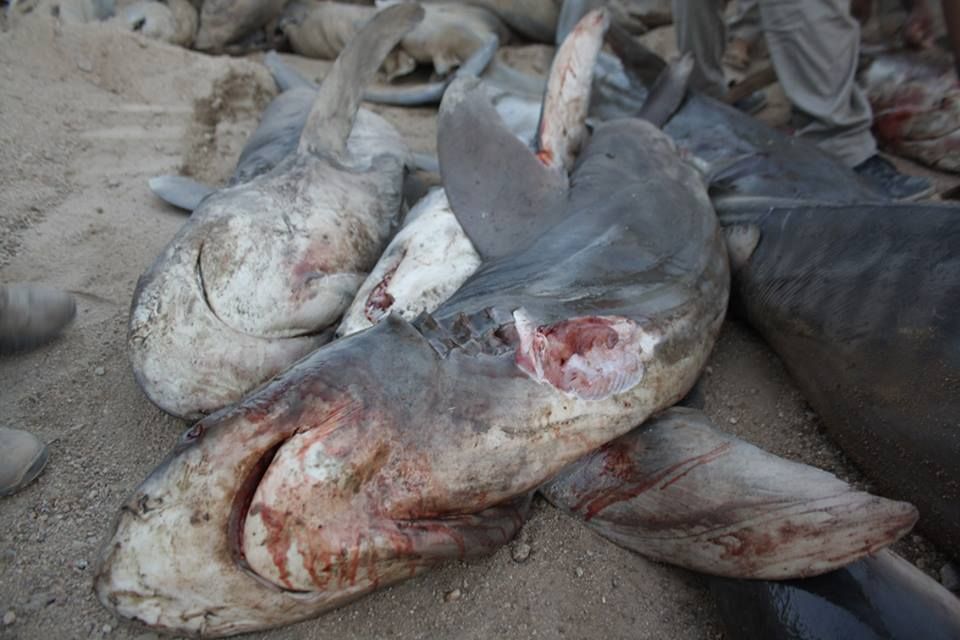
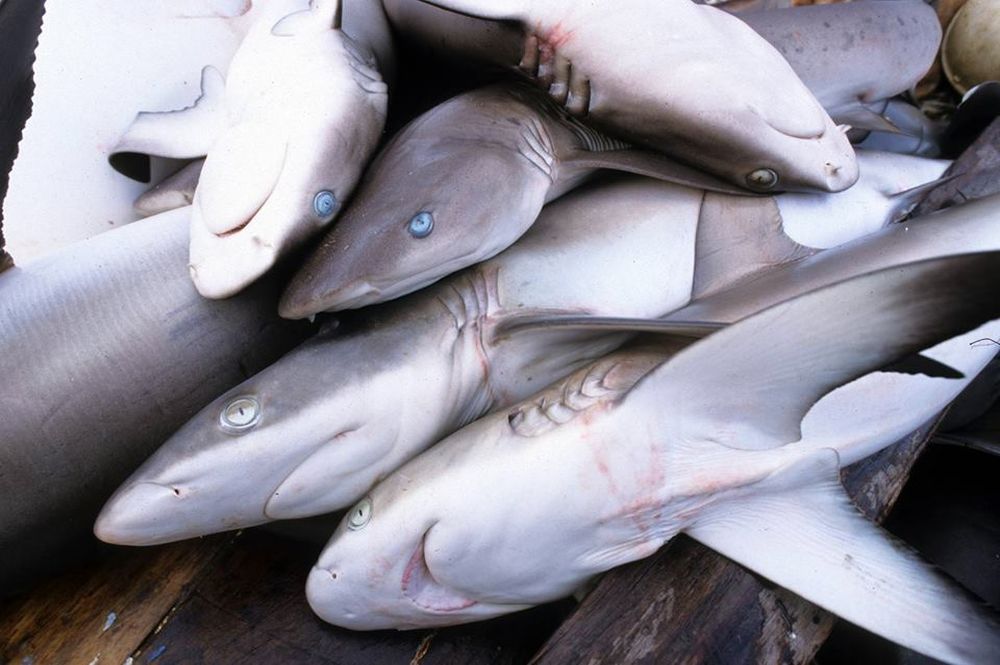
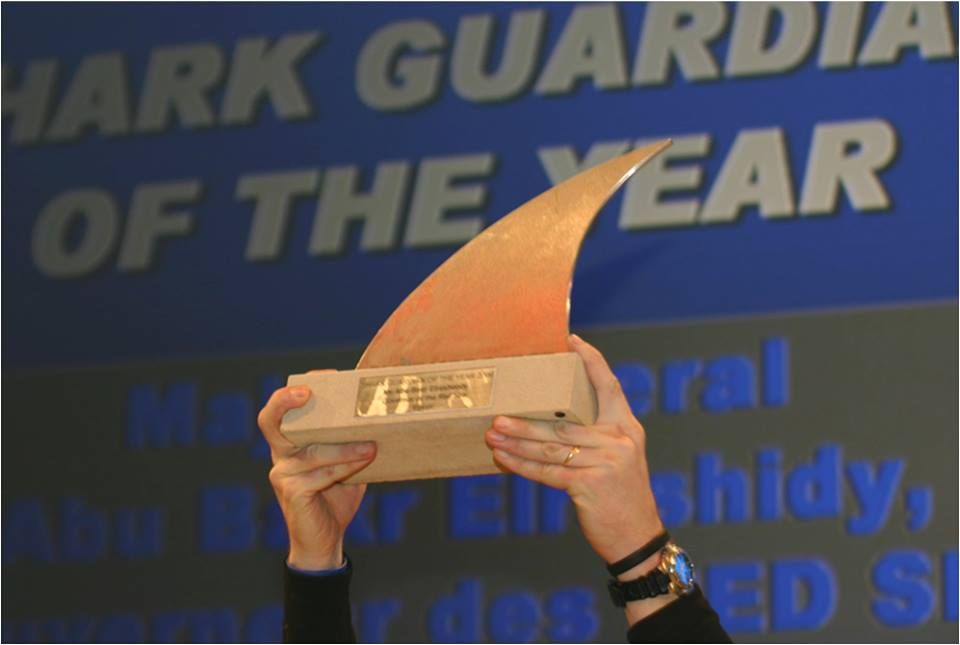
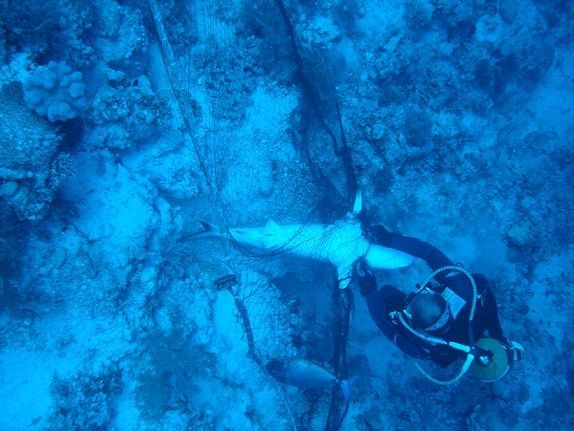
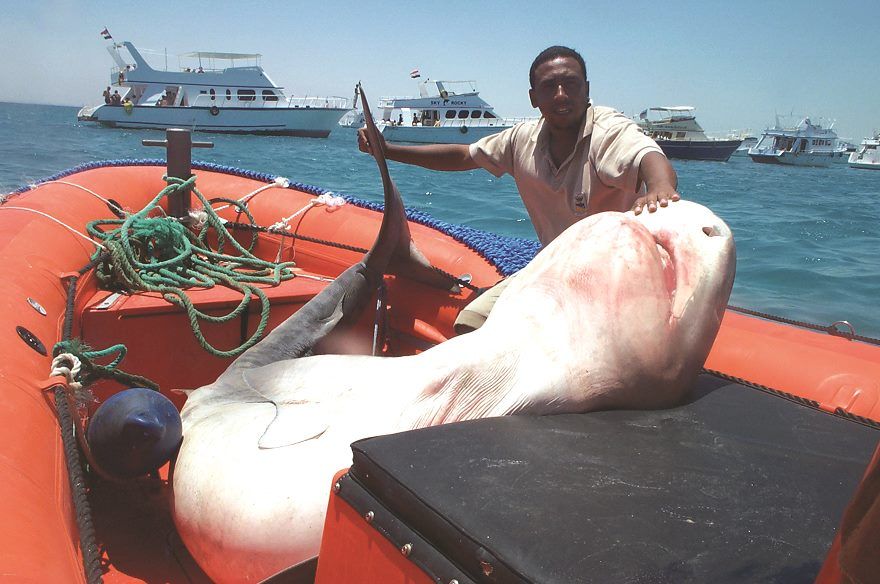
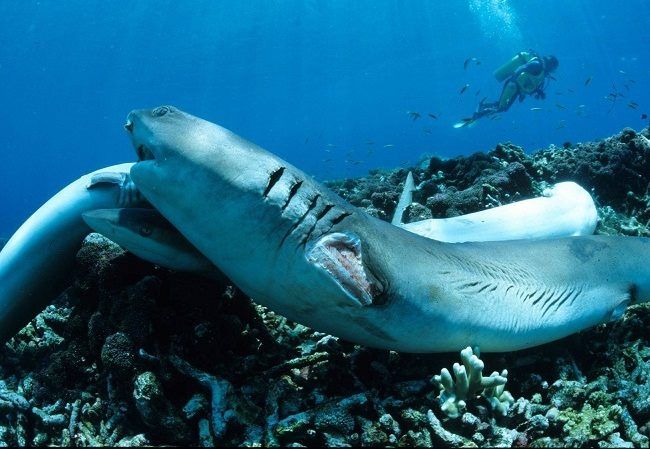
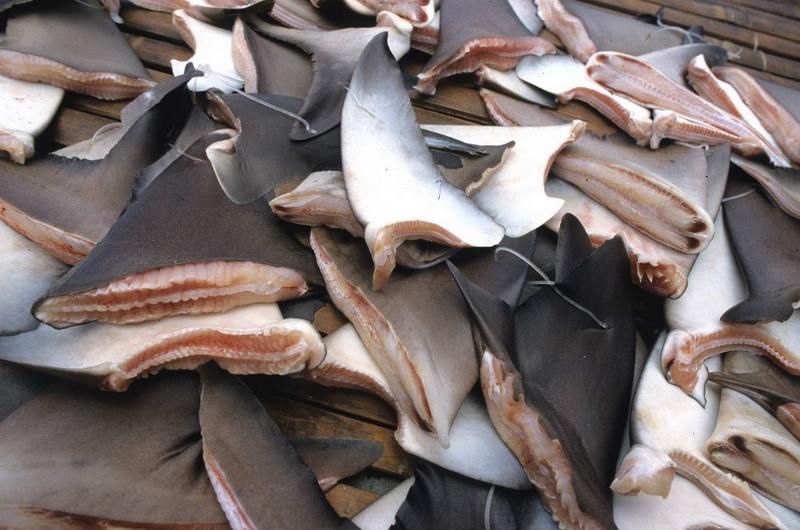
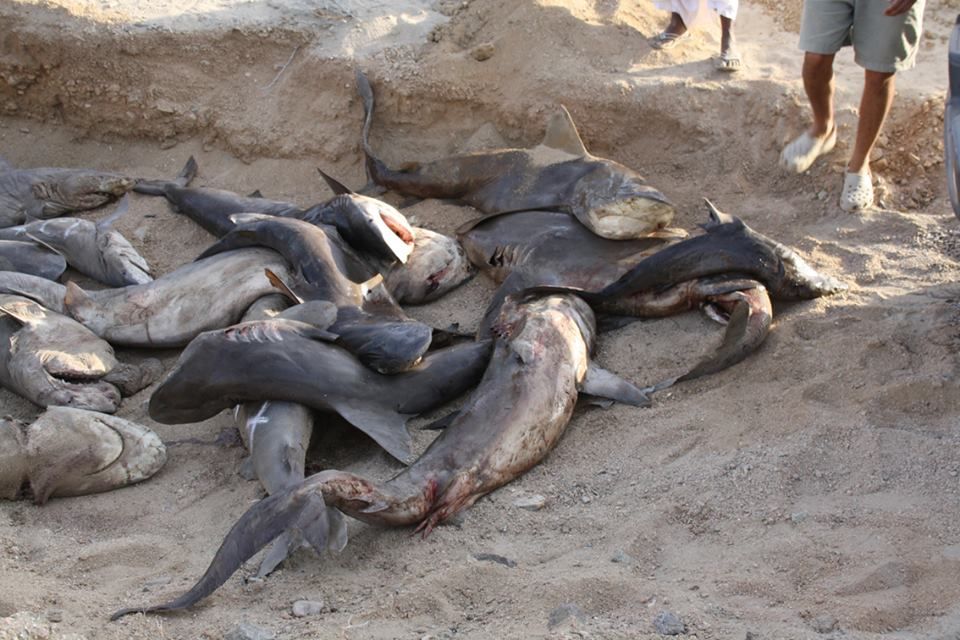
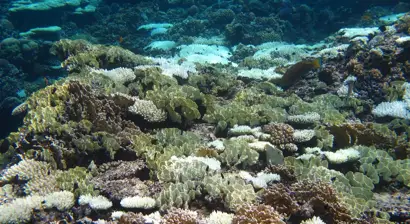
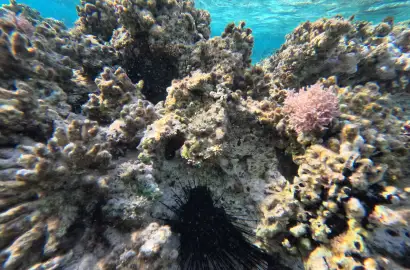
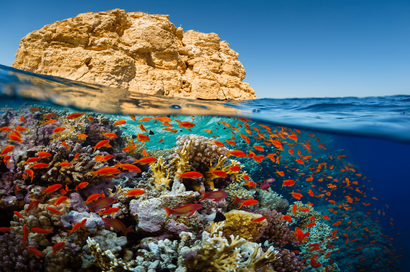
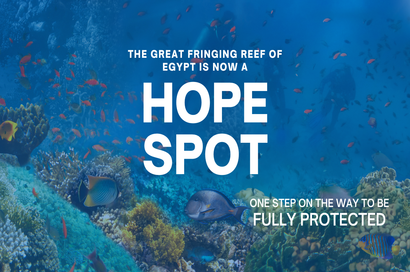
 - frame at 0m12s_lg.webp)
